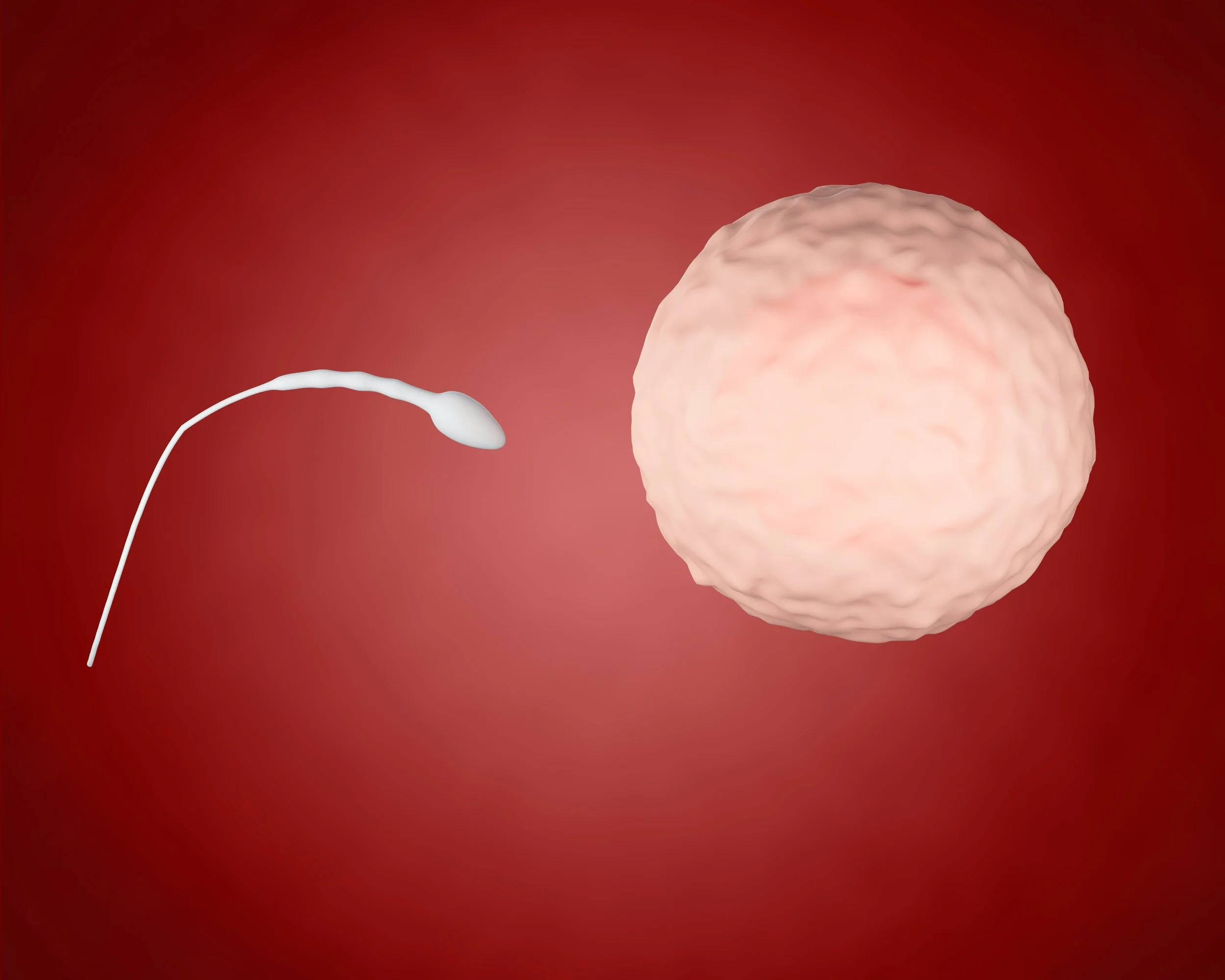Donor Eggs and Surrogates
Surrogacy is one of the most powerful and life-changing ways to build a family. For some intended parents, the gestational surrogacy journey involves not only a gestational carrier but also an egg donor. Understanding how these roles differ and work together is an essential part of setting expectations for the assisted reproduction process.
In this post, we’ll walk through the relationship between donor eggs and surrogacy, answer common questions, and break down how the vitro fertilization (IVF) process works when both an egg donor and a surrogate are involved. By the end, you’ll have a clearer picture of how these two key roles help make a successful surrogacy possible.
Donor Eggs and Surrogates
This post will help you understand the differences between an egg donor and a surrogate mother, how and when intended parents might use either or both, and what to expect in terms of the legal process, costs, and logistics. While every family’s surrogacy journey is unique, becoming familiar with these pieces of the puzzle will help intended parents approach their decision with clarity and confidence.
Is There a Difference Between an Egg Donor and a Surrogate Mother?
Yes — although they’re often mentioned together, these are two completely different roles in the surrogacy process.
Genetics
An egg donor provides the eggs that are fertilized (often with sperm from the intended father or a sperm donor) to create embryos. The egg donor contributes the genetic material, but she does not carry the pregnancy.
A gestational carrier (surrogate), on the other hand, does not use her own eggs. Instead, she carries the embryo that was created through IVF using donor eggs or the eggs of the intended mother.
Medical Procedures
Egg donors undergo ovarian stimulation and retrieval so that mature fertilized eggs can be used for embryo creation. Surrogates undergo uterine preparation to create the ideal uterine lining for carrying a pregnancy.
Different Roles
An egg donor’s role typically ends once her eggs are retrieved and embryos are created. A surrogate’s role continues throughout the entire pregnancy, supporting the embryo’s growth until delivery and birth.
Should Couples Use the Same Egg Donor and Surrogate Mother?
While some couples wonder if it’s possible to use the same woman as both the egg donor and gestational carrier, in most cases, reputable fertility clinics and surrogacy agencies strongly advise against it.
This type of arrangement, known as traditional surrogacy, involves the surrogate using her own eggs. It can raise complicated legal, emotional, and genetic questions, particularly around parental rights and the enforceability of surrogacy contracts.
Modern gestational surrogacy — where the egg donor and the surrogate are two separate people — is widely regarded as the safest, clearest, and most legally sound route for intended parents.
How to Find an Egg Donor and Surrogate
If you are considering both an egg donor and a surrogate, here are some helpful steps:
Work With a Fertility Clinic
Most fertility clinics maintain relationships with reputable egg donation agencies and can guide intended parents through the matching process. Clinics also handle the IVF and medical screenings for both donors and surrogates.
Consider Agency Support
A surrogacy agency, egg donor agency or a concierge service (let’s connect!) can help with matching. There are some agencies that represent both egg donors and surrogates, and some that only focus on one or the other. A concierge service can help facilitate both matches at the same time, guiding intended parents to vetted egg donor databases and matching them with experienced gestational carriers. When working with an agency, you will also need to hire an attorney experienced in this area of the law to support the legal process and ensure compliance with state law around third-party reproduction.
Prioritize Medical & Psychological Screening
Both egg donors and surrogates should undergo comprehensive medical and psychological evaluations. This ensures the best chance of a successful embryo transfer and a healthy pregnancy.
How Much Does an Egg Donor and Surrogate Cost?
The cost of working with both an egg donor and a surrogate varies depending on location, medical needs, desired candidate criteria and agency fees. On average:
Egg donation can cost anywhere from $15,000–$30,000, including donor compensation, medical procedures, and agency/legal fees.
Gestational surrogacy can cost $100,000–$250,000+, covering agency fees, surrogate compensation, medical costs, legal contracts, and other parts of the journey.
While the combined investment is significant, many intended parents find the process invaluable, as it provides the opportunity to build a family when other options are not possible. To learn more, read our post about surrogacy fees in the United States.
For some intended parents, working with both an egg donor and a surrogate is the only way to build their family. While the process can seem overwhelming, understanding the difference between the two roles — and how they work together — brings clarity and confidence to the surrogacy journey. If you’d like to read more about the gestational surrogacy process, you can check out this post that reviews it in detail. You can also read my guide on how to pick an egg donor to learn more.
With the right fertility clinics, agencies, and legal support, families can feel secure knowing they have a strong, supportive team helping them through every stage — from egg donation and embryo creation to pregnancy and delivery.


